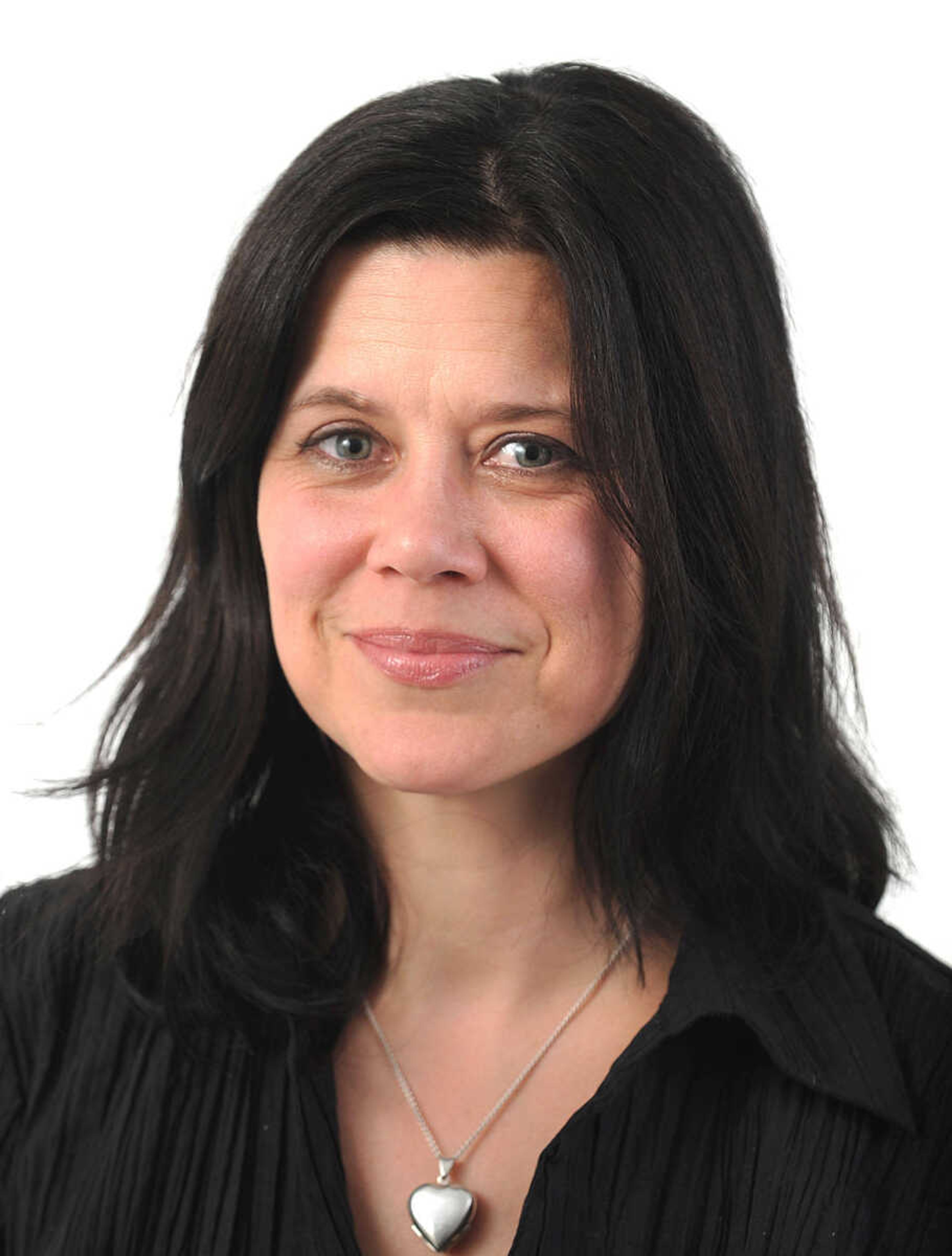United Way speaker seeks to debunk myths about poverty
People often think the poor should be able to improve their situations through hard work. But most poor people are working more than one full-time job and lack the skills and the hope to transcend "that evil villain, poverty," according to an educational conference presented Thursday by the United Way of Southeast Missouri and Communication Across Barriers....
People often think the poor should be able to improve their situations through hard work. But most poor people are working more than one full-time job and lack the skills and the hope to transcend "that evil villain, poverty," according to an educational conference presented Thursday by the United Way of Southeast Missouri and Communication Across Barriers.
The keys to changing the situations of people with chronically insubstantial means are to educate the community on the culture of poverty, reduce stigma and shame directed at and experienced by poor people, provide connections and resources and model how to take steps toward success, said Dr. Donna M. Beegle.
After overcoming a history of generational poverty -- Beegle described periods in her childhood of living with her family in a car, bathing in gas station restrooms and leaving school at 15 to marry -- she developed the "Opportunity Community" model, a project of Communication Across Barriers. She educates communities worldwide on how to effectively reduce poverty, using evidence-based strategies.
Thursday's "Prosperity Summit" at Drury Lodge was the first step of an initiative that aims to involve members of the community as "navigators" -- volunteers who can serve as guides, mentors and role models -- to their neighbors caught in poverty. One of the critical differences in the experiences of people living in poverty and those who aren't is the poor often don't have contact with people who know how to change their situations, Beegle said. They seek information from peers who don't have the skills for success, either.
Added to that, she said, the culture in the United States transmits a message of blame toward poor people and eventually the stereotypes associated with poverty -- such as the poor are unmotivated and unintelligent -- become part of their self-images.
For people in deep poverty, she said, it sometimes is difficult to make sense of the teaching or help offered, because the information and instructions seem foreign, like jokes told by people from other cultures that make no sense out of context.
"You can't acquire knowledge if you have no prior life experience to link it on," Beegle said. "We keep asking people in crisis to act middle class, and when [they] don't, we punish them."
Myths Beegle hopes to debunk through education include the notion that people "get rich on welfare" and have babies so they can be paid more by social support systems. In reality, she said, most programs don't provide enough for even the basics and, even when people desire to increase their skills, few states allow people on public assistance to go to school or obtain training.
In Missouri, a family of four on Temporary Assistance for Needy Families, a federal and state program, receives $342 per month for a maximum of five years. A family of five receives $46 more, according to program materials.
"The myths are heavy," Beegle said. The best way for people to get ahead is to obtain education and skills, but people in crisis are not likely to make choices toward those goals. "Choices look different, depending on your context," she said.
Once people have the lens to accurately see the situation, they are in a better position to help and to be helped, Beegle said.
She asked the roughly 55 attendees at the beginning of the three-hour conference if they knew people in poverty. After Beegle illustrated the challenges the poor face, Rhett Hendrickson of Hendrickson Business Advisors said "I would not raise my hand now."
Approximately 18 percent of people in 2011 in Cape Girardeau County lived below the poverty level, considered to be $23,050 for a family of four. In 2010, the number was 14.2 percent. About 27 percent of households in the county earned less than $25,000 per year in 2011, an increase of 10 percent from the previous year. The sufficiency wage for a family is estimated to be a minimum of $32,000 a year, program materials said.
United Way executive director Nancy Jernigan invited the group to sign up to be navigators and participate in an Opportunity Conference in October. Local adults working toward their GEDs will be invited to the event to be matched with community members willing to help guide them. Once people receive their GEDs, Jernigan said, they often "have no clue" what step to take next.
Having neighbors understand and care helps rebuild lost hope, Beegle said.
"Hope is the wings for grabbing an opportunity," she said.
For information on the Opportunity Conference or becoming a navigator, call 334-9634, visit unitedwayofsemo.org or combarriers.com.
salderman@semissourian.com
388-3646
Pertinent address:
104 Vantage Dr., Cape Girardeau, MO
Connect with the Southeast Missourian Newsroom:
For corrections to this story or other insights for the editor, click here. To submit a letter to the editor, click here. To learn about the Southeast Missourian’s AI Policy, click here.











